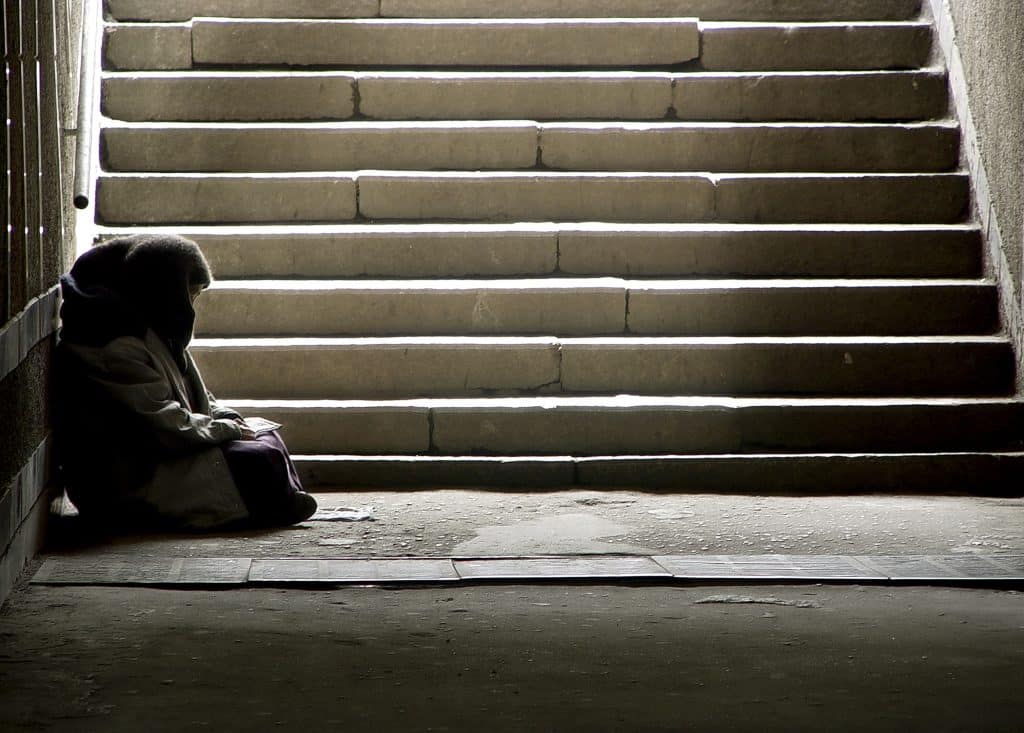
Fergus King
“Curly Questions” is a monthly column written by experts dealing with tricky conversations that touch on faith, in a compassionate, practical and biblical way.
If God is a loving God, why does he not heal distressing physical ailments? How can he stand by and watch that suffering when he has the power to heal instantly?
On the morning of 1 November 1755, an earthquake and tsunami hit the city of Lisbon, killing 60,000 people. It also provoked a monumental outpouring of frustration, not least the questions about suffering and evil raised by French philosopher Voltaire, in his Candide: why was a supposedly all-loving and all-powerful God seemingly absent in such a catastrophe?
The question was not new. The book of Job addresses it, demolishing most of the trite and pious answers often trotted out, and ending with a frustrating appeal to the mystery of God. Whether the cause of suffering is human sinfulness, or natural phenomena, the question persists. Why does God let this happen?
Read More: I want to talk to my colleagues about Christianity, where do I start?
Perhaps our problem is that we look for the wrong kind of answer with the wrong idea of God. Often it seems that a deus ex machina is expected: a God who drops in and sorts everything out. The phrase comes from bad Roman theatre, where imminent tragedy is averted by the sudden appearance of a god who (almost literally) is winched down to the stage. Golding’s Lord of the Flies does much the same: the unexpected appearance of a frigate rescues his not so pukka schoolboys from themselves. Often we seem to expect a God like this.
But God in Christ drops into the world in a different way, one that is diametrically opposed to this deus ex machina. His intervention takes on a different set of characteristics. It is seen in God emptying himself to become human, even to the point of a violent death at the hands of his creatures.
But this reshapes the whole problem, and gives a new perspective. God is not absent, as Voltaire imagined, but suffers together with, alongside, his creatures. The Christian God does not play chess with the cosmos. We can only recognise this by contemplating the Incarnation and Cross – and that may take time.
Read More: God is with us through the worst the world can throw
When we do, we find, as Paul says, that “that neither death, nor life, nor angels, nor rulers, nor things present, nor things to come, nor powers, nor height, nor depth, nor anything else in all creation, will be able to separate us from the love of God in Christ Jesus our Lord.” (Romans 8:38-39).
Christian faith is brutally realistic. It reminds that we can never expect, in this world, to escape affliction. But it does promise that affliction never need be the end of the story. Healing and new life are guaranteed by Our Lord’s Incarnation, Crucifixion, and Resurrection.
But it also stops us from passing the buck to God. Bishop James Jones, in his Why do People Suffer? tells of passing by a school and hearing a child cry. He realised it was his own daughter, but that he could not jump the wall and rescue her: someone else needed to do that. Confronted with the problem of suffering, maybe we should not ask what God is doing, but what we are doing to enable God to be present there?
Read More: My friend just came out as transgender, how should I respond to this?
The Reverend Dr Fergus King is Farnham Maynard Lecturer in Ministry Education and director of the Ministry Education Centre, Trinity College Theological School.
For more faith news, follow The Melbourne Anglican on Facebook, Twitter, or subscribe to our weekly emails.






